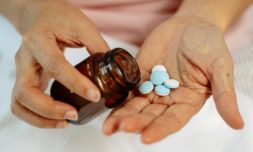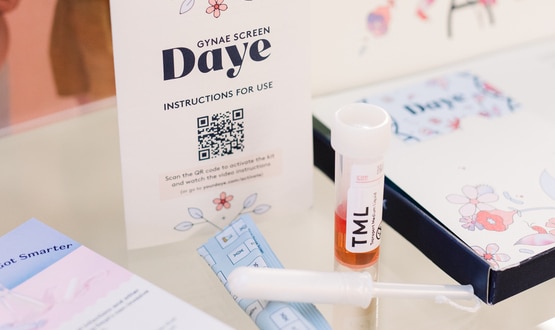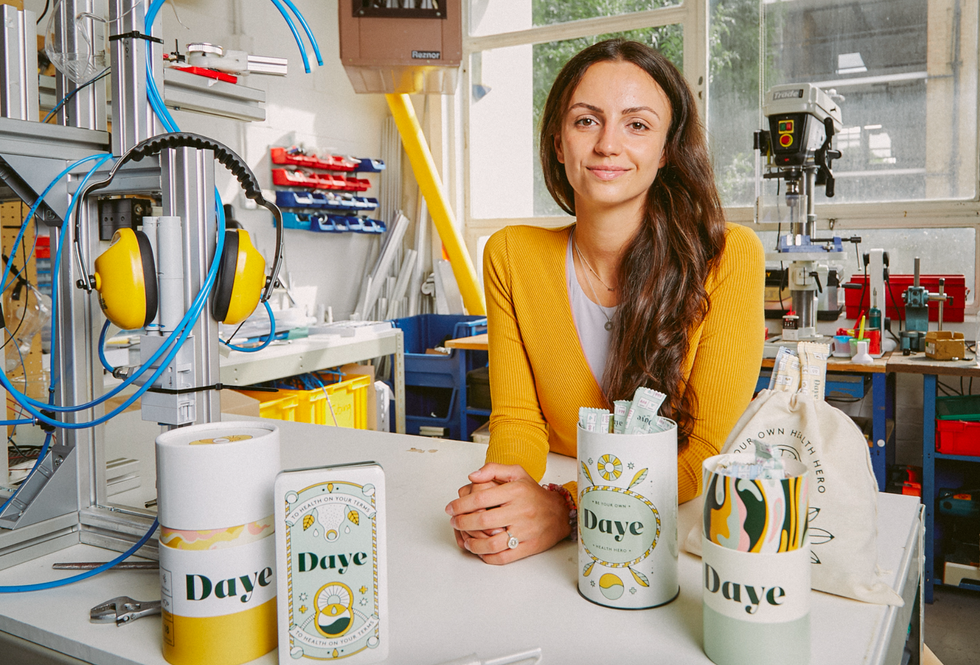Daye, a former femcare firm that’s now a gynaecological health company, has launched a new at-home screening service for chlamydia, gonorrhoea, and other common sexually transmitted infections with the hope it will encourage more women to seek treatment.
Let’s be honest, getting tested for a sexually transmitted infection is never a particularly pleasant experience.
Though it’s essential if you’re having casual sex or if protection fails, it can be uncomfortable, a little invasive, and STIs still carry a great deal of social stigma.
To offer an example of how the latter is playing out, over half of British women surveyed by Bupa in 2022 said they had never attended a single screening, with 36 per cent of them citing embarrassment as the main reason behind this.
Now, given the UK Health Security Agency recently reported a 24 per cent increase in STIs compared to the previous year and that those assigned female at birth (ADAB) are statistically more at risk than men due to vaginal physiology, this is evidently a cause for concern.
Low rates of testing mean that many women and AFAB individuals could be unaware that they have an STI (70 per cent of them are asymptomatic) and, if left untreated, STIs pose serious long-term health complications like infertility, pelvic inflammatory disease, and ectopic pregnancies.
That’s why Daye, a femcare firm-turned-gynaecological health company, has launched a world-first STI-diagnostic tampon, which uses a polymerase chain reaction (PCR) test to check for five of the most common STIs, namely chlamydia, gonorrhoea, trichomonas, mycoplasma and ureaplasma.
The specificity of PCR technology ensures that false-positive results are reduced, providing a more reliable diagnosis, and it can simultaneously detect multiple pathogens in one sample.
The process is simple: insert the tampon – which soaks up more fluid and covers a larger surface area than other methods, making it more accurate than a swab and more comfortable than a speculum – as usual, then pop it into the extraction solution.























